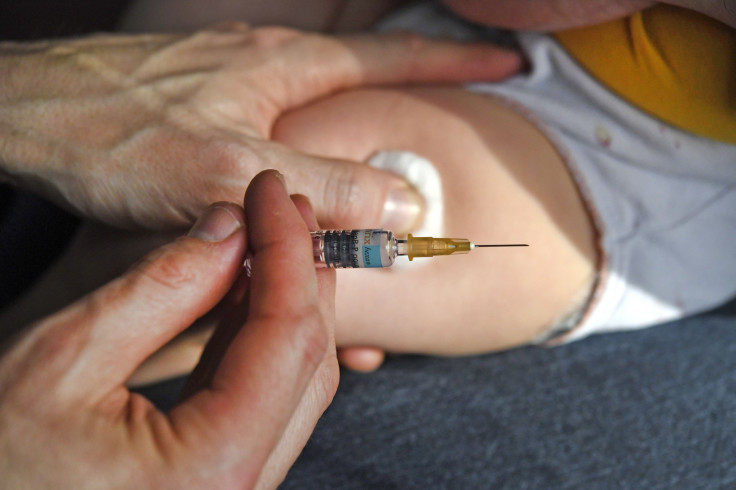Anti-Vaxxers Tend To Be Conspiracy Theorists Who Are Afraid Of Needles

People who believe vaccines are unsafe also tend to believe conspiracy theories about the 9/11 terrorist attack, John F. Kennedy’s assassination and Princess Diana’s death.
The group is also more disgusted by needles and blood.
The findings come from a new study into the psychology behind the anti-vaccination movement. Scientists used data from more than 5,000 people in two dozen countries to come up with their evaluation of the so-called anti-vaxxers. Their paper, published in the journal Health Psychology, suggests that opposition to vaccinations stems from a place deeper than a simple lack of information.
“Many intervention programs work from a deficit model of science communication, presuming that vaccination skeptics lack the ability to access or understand evidence,” the study explains. “However, interventions focusing on evidence and the debunking of vaccine-related myths have proven to be either non-productive or counterproductive. … These data help identify the ‘attitude roots’ that may motivate and sustain vaccine skepticism.”
Anti-vaccination beliefs have become an issue in recent years, with some people believing childhood vaccines like those against the measles cause autism or are otherwise dangerous, despite scientific evidence disproving those theories. As vaccination rates have dropped in some places, dangerous infections that were once nearly eradicated have picked up again.
The new study digs into the psychology of why people reject vaccines.
“Vaccinations are one of society’s greatest achievements and one of the main reasons that people live about 30 years longer than a century ago,” lead researcher Matthew Hornsey said in a statement from the American Psychological Association. “Therefore, it is fascinating to learn about why some people are so fearful of them.”
The analysis showed a link between anti-vaccination attitudes and belief in the conspiracy theories that Princess Diana was murdered, that there was a larger plot surrounding Kennedy’s assassination, that the U.S. government knew the 9/11 attack was going to happen but did not intervene and that “a shadowy group of elites exist to plot a new world order,” according to the APA. “Those with strong beliefs in conspiracies were most likely to hold anti-vaccination attitudes regardless of where they lived.”
They were also more likely to be disgusted by blood and needles, to fear infringements on their freedoms and to have a worldview that focused more on the individual than the collective.
“People often develop attitudes through emotional and gut responses,” Hornsey said. “Simply repeating evidence makes little difference to those who have anti-vaccination attitudes. … Trying to reduce people’s conspiracy beliefs is notoriously difficult.”
© Copyright IBTimes 2024. All rights reserved.





















